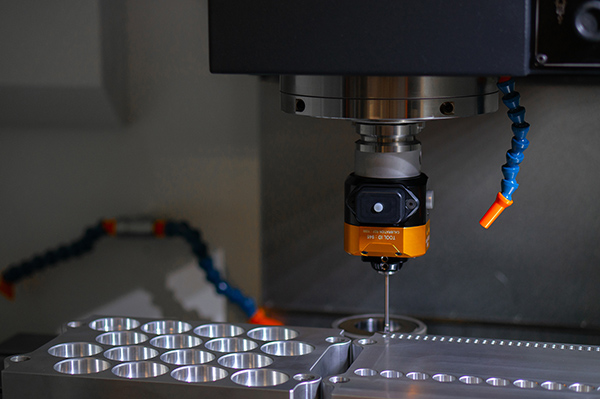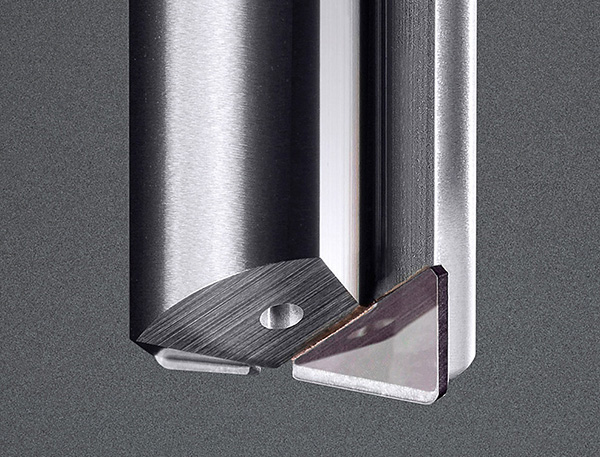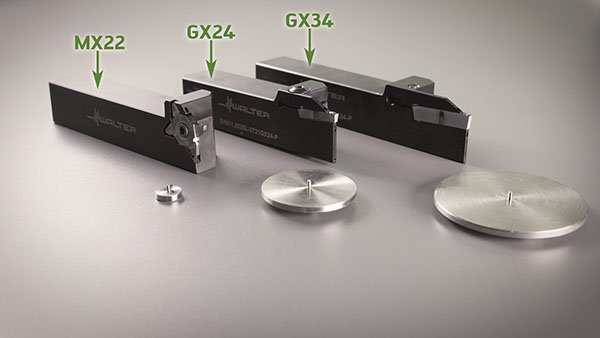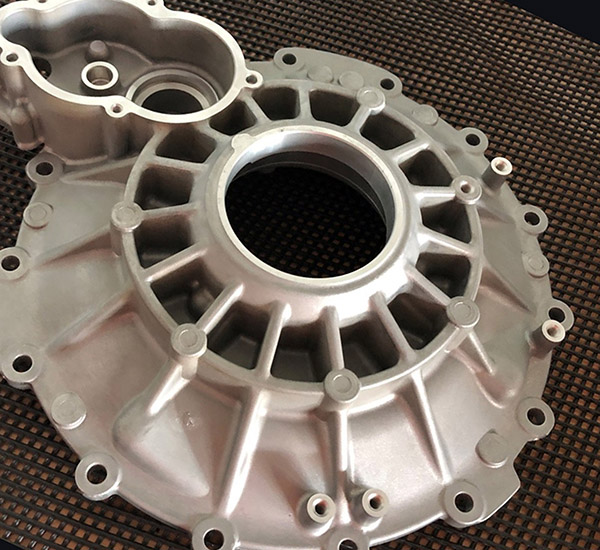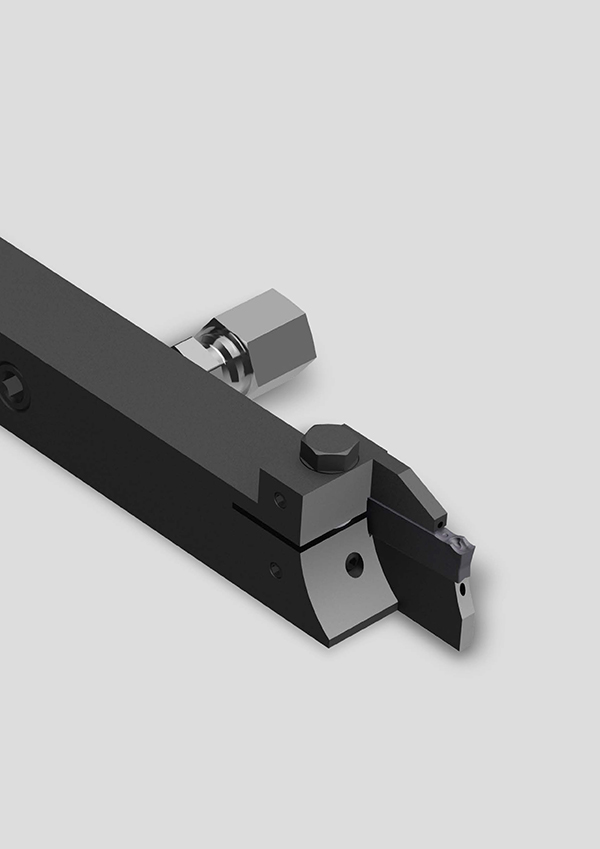ActiveEdge Apex, the latest fully automated fine-boring innovation from Rigibore, is pitched at the accurate machining of small bores. Making use of Rigibore’s ActiveEdge technology, Apex is said to be a world-first in terms of fully integrated, automatically adjustable fine-boring heads, delivering precision performance on bores ranging from 0.25 to 26 mm diameter. Rigibore unveiled the Apex system at EMO 2019 last month.

The Apex boring head offers a closed-loop compensation system that automatically adjusts the diameter being cut as a result of commands sent directly from the machine tool’s control, based on values calculated by in-process measurements. Importantly, the boring head can be adjusted with micron accuracy, anywhere within the machine, completely independent of operator intervention. Compensations can be made with the head in the spindle, or even while it remains idle in the tool carousel and another operation takes place. Assurance that the correct adjustment value has been made is confirmed via direct feedback from the tool to the ActiveEdge interface.
“Typically, manufacturers experience all too familiar problems with conventional boring heads, mainly the issue of accurately setting and maintaining fine-tolerance limits, with high scrap rates impacting on bottom-line performance,” says Rigibore chairman Roger Bassett. “The requirement for operators to constantly check boring heads for accuracy, and then living in fear of backlash, and slowing production can now be eliminated.
“Our Apex boring head provides manufactures with a perfect bore, first time, every time, using macros to accurately adjust the boring head within predetermined tolerance parameters, all while reducing cycle time,” he adds.
For further information www.rigibore.com






